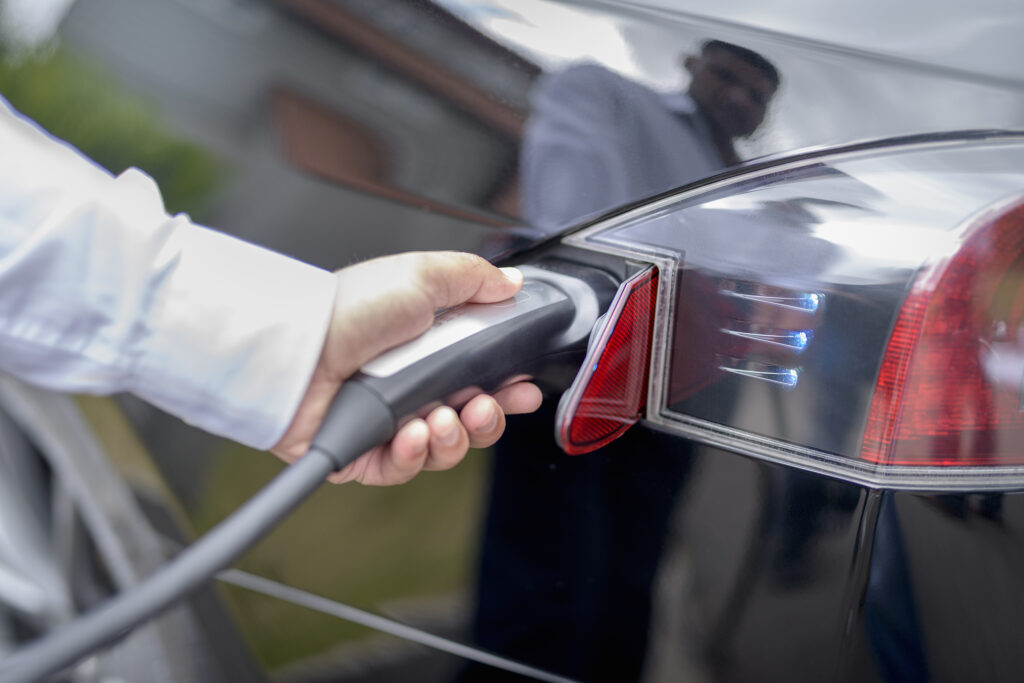Scottish and Southern Electricity Networks (SSEN) Distribution is entering the second phase of its Equal EV project, partnering the Energy Systems Catapult (ESC).
This second phase is to examine customer journeys and different solutions available to address and overcome the barriers to the uptake of EVs by drivers with disabilities and vulnerabilities identified in phase one.
Four main barriers were identified, with these being accessibility of chargepoints, costs, range anxiety and different manufacturers and charging compatibilities.
SSEN is now working with the ESC and Disabled Motoring UK on four key areas. The first of these is the technology landscape, with the Equal EV project to work with leading experts to examine and understand the available and emerging EV technologies and services and how they can be best utilised to support a fair transition to EVs.
The second key area is defining the customer journey, with the project to map out customer journeys and the products, services and routines they use to examine where the barriers and challenges identified in phase one exist and the different solutions available.
Third, Equal EV, will seek to define the roles and responsibilities for supporting and implementing new technologies, working with different stakeholders, equipment manufacturers, and community groups to gather feedback for how these technologies can be best supported.
Lastly, the project will use existing customer data and electricity network data to examine different solutions and approaches for geographic locations and will design trials for the most promising solutions in SSEN’s distribution area.
Dr Stephen Skippon, EV specialist in ESC’s consumer insights team, said: “Key to designing innovative products and services for people with disabilities and vulnerabilities is ensuring we work with disabled and vulnerable consumers themselves.
“This is an exciting project that will pioneer approaches that ensure all consumers can fully benefit from the opportunities that electric vehicles offer.”
Equal EV is an 18-month Network Innovation Allowance (NIA) project which began November 2020 and secured £310,000 in NIA funding.
The announcement of its second phase comes in the same week national disability charities Motability and Designability published new findings on the challenges faced by disabled drivers, with Keir Haines, senior product designer at Designability stating that public charging solutions are “failing them in many ways”.
New accessibility standards for EV charging are currently being developed, however, with Motability and the Department for Transport having commissioned the British Standard Institute for this.





